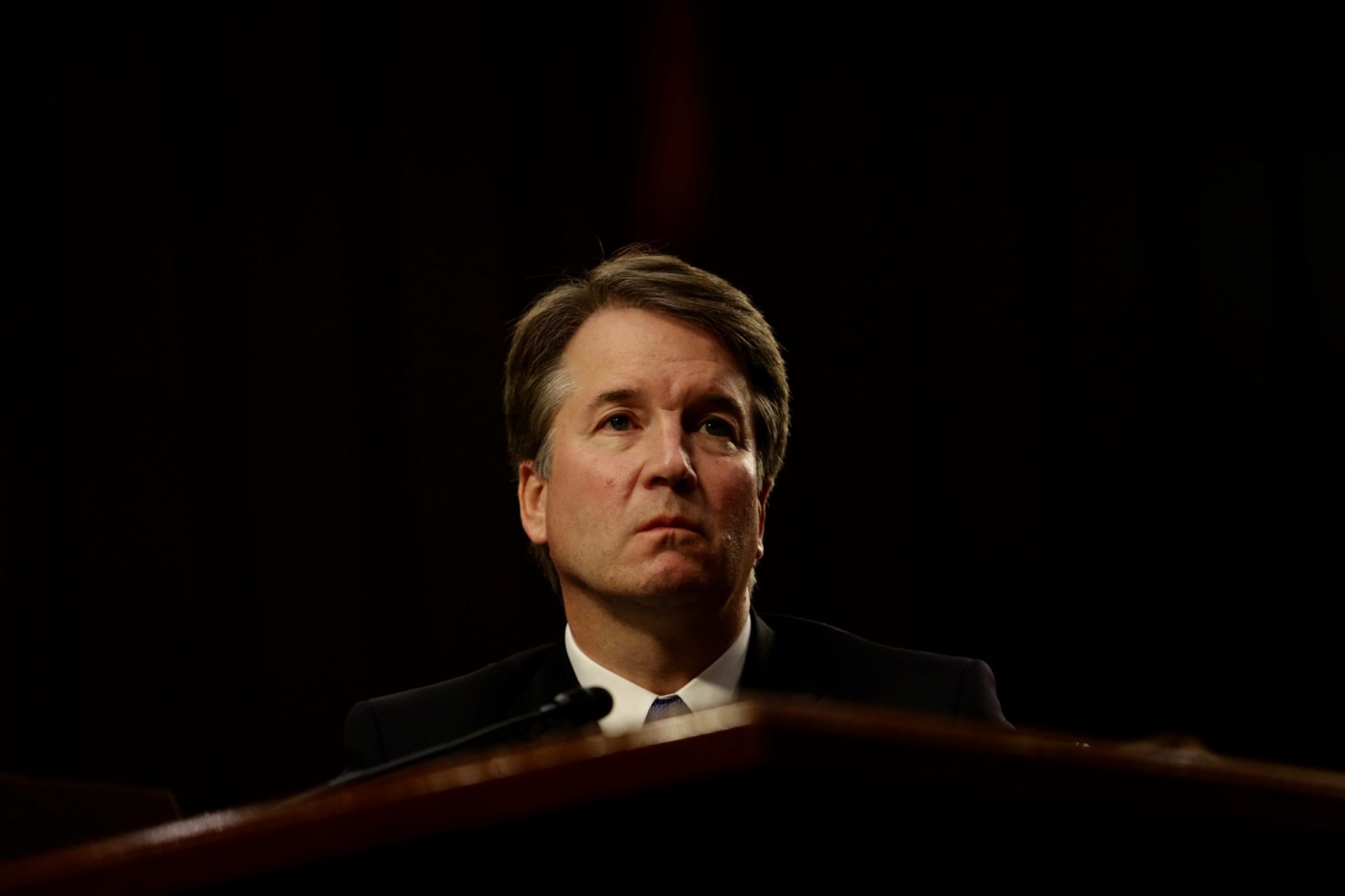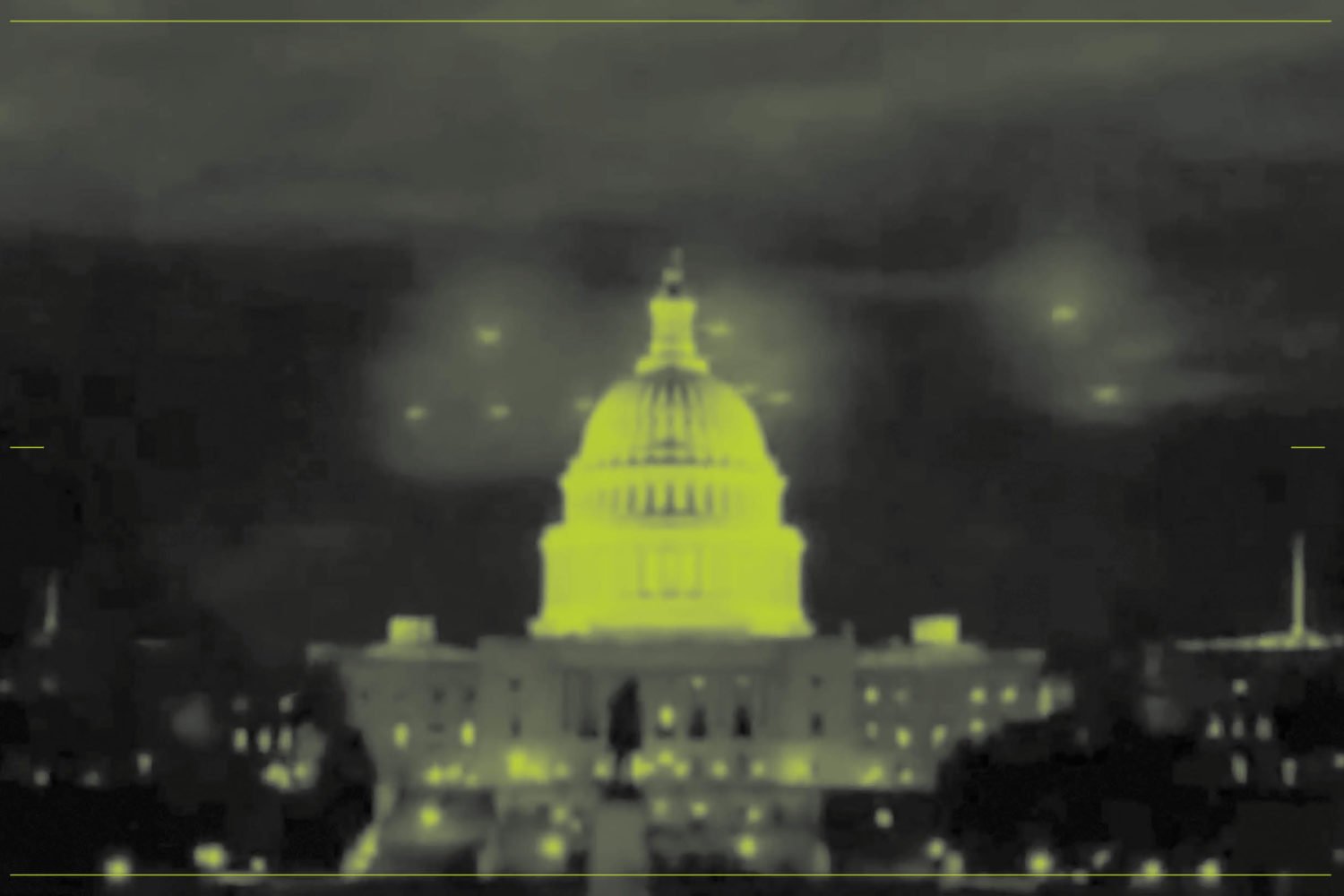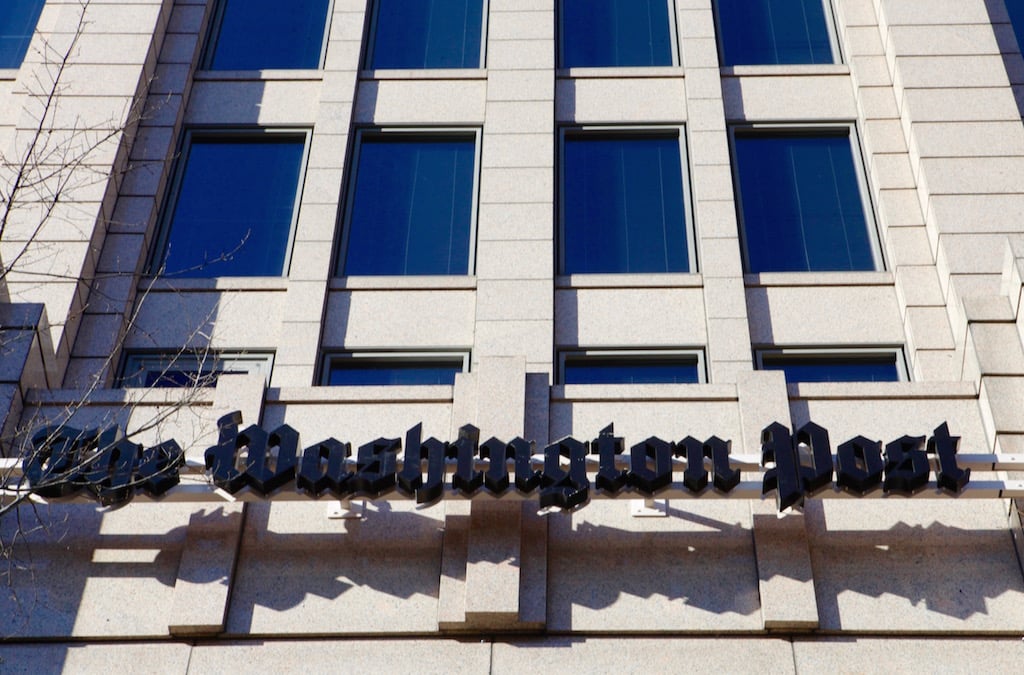Earlier today, Donald Trump tweeted: “I have no doubt that, if the attack on Dr. Ford was as bad as she says, charges would have been immediately filed with local Law Enforcement Authorities by either her or her loving parents.”
The president’s implication, of course, is that if his Supreme Court nominee Brett Kavanaugh had really attempted to rape Christine Blasey Ford in the summer of 1982, she would have come forward and reported it back then.
Let’s quickly recap Dr. Ford’s allegations against Kavanaugh: She was 15. She had been drinking. She says Kavanaugh pushed her into a bedroom, locked the door, and got on top of her. He tried to take off her bathing suit, and held a hand over her mouth to keep her from screaming. But he did not rape her, because she got away.
There are far more recent examples of girls reporting sexual assaults and not being taken seriously—or worse. So what would’ve likely happened if 15-year-old Christine Blasey brought her allegations to the cops in 1982?
Marcia Greenberger, the Washington lawyer who founded the National Women’s Law Center in 1981, has worked with sexual assault survivors since the ’70s. Few understand the legal landscape for girls and women who come forward as well as she does. So we asked Greenberger to weigh in.
What would’ve happened if Dr. Ford had reported an attempted rape in 1982?
She would have been subjected most likely to a huge backlash—bullying from students, a complete culture of silence among her classmates in those days that would have made it very difficult. What we saw in cases from the ’70s, from the ’80s, from the ’90s, and into the 2000s is women who have complained of being bullied, being drummed out of school, having their lives made absolutely miserable. So before you even get to what was in place as a legal matter, the whole culture would have kept her silent—as it did. There’s Title IX case after Title IX case of young women who had to leave school, drop out, their grades dropped, they lost scholarships.
How would law enforcement have likely handled it?
Certainly, in those years, many officers didn’t have the kind of expertise and training even to deal with the kind of rape allegations that involve [an attacker] jumping out of the woods, let alone an acquaintance rape, or attempted rape in this instance, where the people know each other. The same kinds of prejudices and stereotypes, and lack of understanding that would’ve made her life miserable among her social peers at the time were very rampant among police departments and prosecutors’ offices, too.
Was “date rape” or “acquaintance rape” considered real assault?
It was viewed as the girl’s problem, the woman’s problem. We’ve even heard politicians recently talk about the fact that you can’t get pregnant if it was a quote-unquote “real rape”. That just reflects the depth of misunderstanding, of blaming young women. That they could’ve done something to prevent it, and it’s their responsibility to have prevented it— that they brought it on themselves. What were you wearing? Were you drinking? “Did you really fight hard enough?” was a question often raised even in those attacks with a stranger jumping out—where were your bruises? Was this really something you [didn’t want]?
Consent is something that these days schools are working hard to inculcate—that there has to be affirmative yes consent, not just silence. That concept was certainly not in place in 1982. And it’s still not fully accepted now.
If Dr. Ford had reported the alleged assault when she was 15, would she have been the one to get in trouble for underage drinking?
I can’t say with respect to Montgomery County exactly what would’ve happened and how they would’ve handled it, but there was so little understanding, priority, and sympathy for trying to deal with this problem across the country in 1982 to start with, and blaming the young women and holding them responsible whether they were drinking or not. If they were drinking, that only exacerbated the problem. In most areas of the country, it would’ve been a very, very uphill battle to be taken seriously if she had gone to the authorities.
And Kavanaugh’s alleged rape attempt was not successful—would that also have been used to discredit her?
Yes. Because had it been successful in those days, it still generally across the country would not have been taken seriously, and treated as a high priority. So the fact that it wasn’t successful would’ve lessened the chances of it being taken seriously even more.














